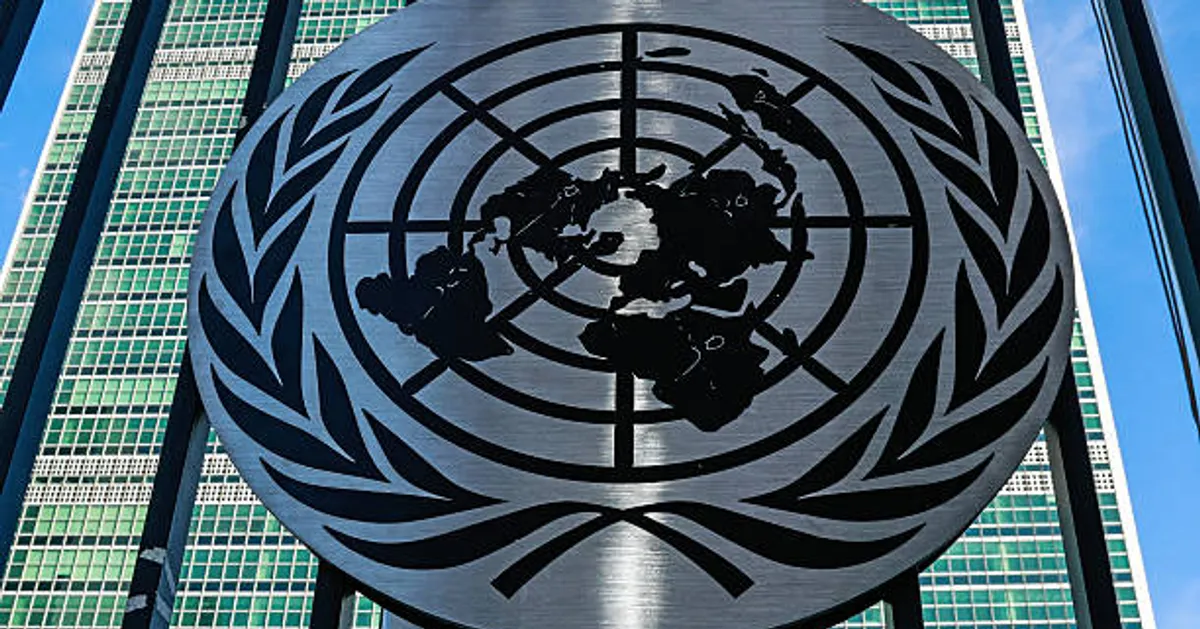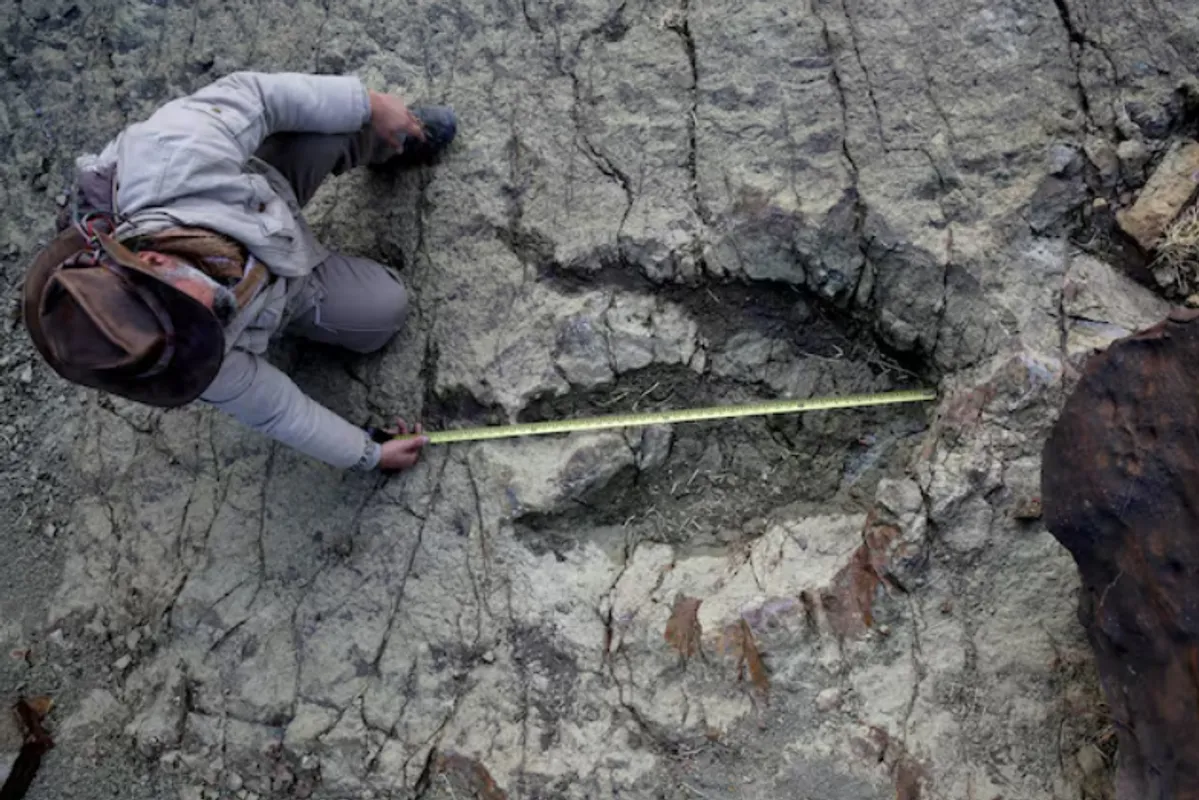UN Nations Sign Landmark Cybercrime Treaty in Hanoi

GeokHub

More than sixty countries have signed a landmark global agreement in Hanoi to combat the growing threat of cybercrime, marking a historic step toward international cooperation in securing the digital world.
The United Nations Convention Against Cybercrime, also known as the Hanoi Convention, aims to create a unified global framework for investigating and prosecuting online crimes that cost the world economy trillions of dollars every year.
The treaty provides a common legal structure to help nations track cybercriminals across borders, share digital evidence, and strengthen cooperation against offences such as ransomware, identity theft, online fraud, and child exploitation.
The agreement will come into force once at least 40 countries ratify it through their domestic legal systems, paving the way for coordinated global action against digital threats.
UN Secretary-General António Guterres said the convention represents “a crucial step in restoring trust, accountability, and safety in the digital space.”
Hosting the signing ceremony in Hanoi underscores Vietnam’s growing diplomatic influence and its ambition to become a regional leader in digital security.
In his address, Vietnam’s President said the treaty symbolizes “unity, shared responsibility, and collective commitment to peace and stability in cyberspace.”
The event also showcased Vietnam’s push to position itself as a center for technological cooperation and responsible digital governance in Southeast Asia.
While the treaty has been widely applauded as a breakthrough in global cyber policy, it has also drawn cautious criticism from human-rights and technology groups.
Advocates warn that the treaty’s broad definitions could give governments expanded surveillance powers or be used to restrict online freedom. Some experts also fear it may inadvertently criminalize legitimate cybersecurity research if not implemented carefully.
Supporters argue that the convention offers the first realistic pathway to build trust between nations and establish consistent rules for protecting the global digital economy.
What It Means for Developing Nations
For developing countries — including Nigeria and others across Africa — the agreement brings both opportunity and challenge.
It could help law enforcement trace international cyberattacks, reduce online scams, and protect financial systems. But experts note that success will depend on national capacity, including investment in digital infrastructure, cybersecurity training, and updated legislation.
Despite these challenges, many see the treaty as a potential turning point in narrowing the global digital security gap.








